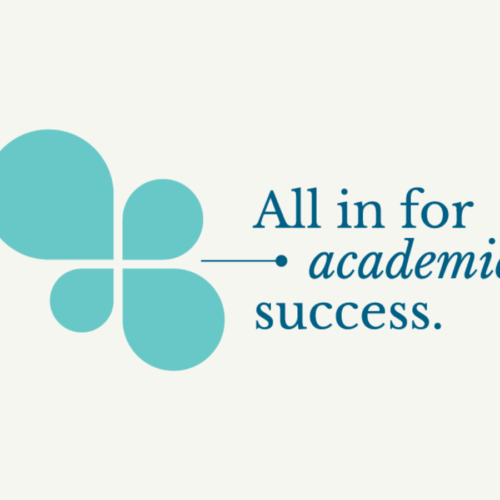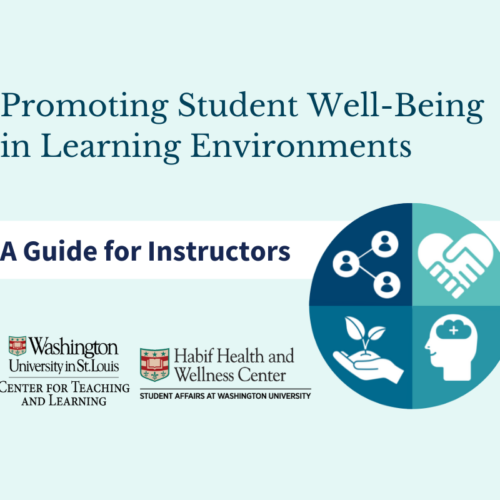Center for Teaching and Learning Staff and Students Attend POD Conference 2020
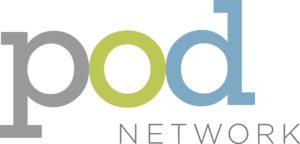 The Center for Teaching and Learning staff and students attended the POD Network’s 45th Annual Conference this year virtually from November 10 to 13. The conference was originally set to take place in Seattle, WA, but due to restrictions associated with the COVID-19 pandemic, it became a virtual event.
The Center for Teaching and Learning staff and students attended the POD Network’s 45th Annual Conference this year virtually from November 10 to 13. The conference was originally set to take place in Seattle, WA, but due to restrictions associated with the COVID-19 pandemic, it became a virtual event.
“This was my first virtual conference, and while I missed seeing and talking with people in the hallways between sessions (where the real action usually takes place) it ended up being a great way to share information with like-minded colleagues from across the country,” said Eric Fournier, director of Educational Development at The Center for Teaching and Learning. “A common theme was how we are all struggling to adapt to COVID-era teaching and learning. Normally POD is all about innovation, but this year many of the sessions were about balancing impulses (and directives) to innovate with the realities of pandemic teaching. Both faculty developers and the clients they work with are at capacity and struggling in many ways right now, so there was a lot of care and empathy on display along with the usual innovative ideas.”
Even though the virtual format of the event took some getting used to, Center for Teaching and Learning staff saw advantages in the asynchronous format.
“On one hand we lost the in-person social contact, which is an important part of the conference. On the other hand, the asynchronous format of many of the presentations actually made it easier to pick up new ideas. I ‘attended’ several presentations that gave me ideas for things we could implement here at WashU, or at the very least were food for thought on how others do things. Overall, it was a more interesting experience that I thought – in some ways I got less out of it than the in-person version, but in other ways I actually got more,” said Rick Moore, assistant director for assessment and evaluation at The Center for Teaching and Learning.
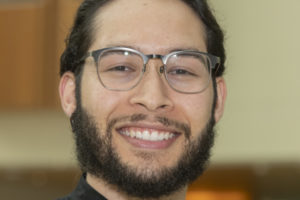
Denise Leonard, associate director of Educational Development, gave a live roundtable presentation with colleagues from Indiana University, University of California Irvine, The University of Texas at Austin, The Ohio State University, and University of Colorado, “Who Heals the Healers? Supporting emerging leaders through radical compassion.” The session aimed to give educational developers a safe space to reflect on their personal and professional needs as they navigate teaching and leadership during the pandemic. Presenters shared their experiences and discussed how their values and goals as leaders helped during times of upheaval.
“The conversations and connections were right on time. The session gave participants an opportunity to build a peer mentoring network to further their growth in personal and professional leadership,” Leonard said.
Leonard was not the only member of the Center for Teaching and Learning to present at the conference. Isidro Landa, a graduate student in Psychological & Brain Sciences who works with The Center for Teaching and Learning, attended the conference as a co-presenter on a research talk with Julia Johnson and Meg Gregory, assistant directors in Educational Development. Landa was especially interested in the session, “Looking Inward, Thinking Forward: Models and Tools for Center Evaluation.”
“This session offered various frameworks and specific implementations of evaluation at several universities. There were others that I attended/watched that focused on difficult methods to implement such as longitudinal methods and faculty emotional experiences that I thought were also interesting. They affirmed my thinking that training in social/organizational research would lend itself well to evaluation work within teaching centers and encouraged me to continue to learn more and potentially consider this kind of role postdoc. I didn’t get a chance to interact with others attending the conference as much as I would have liked because it was a busy week for dissertation data collection so I am glad there were several on-demand sessions,” Landa said.
Three WashU graduate students who actively participate in Center for Teaching and Learning programming received GPPD Career Development Grants to attend the conference: William O’Brochta from the Department of Political Science; Kendra Smith from the Department Psychological & Brain Sciences; and Julie Speer from the Department of Biomedical Engineering. The POD Network each year awards Career Development Grants to graduate students, professional students, and postdocs to support their attendance at the annual conference. The Career Development Grant covers both conference registration and a year-long POD Network membership.
O’Brochta enjoyed the virtual format of the conference, including the opportunity to share resources in small breakout rooms after live sessions.
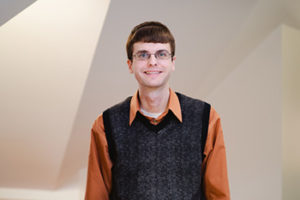
“One theme that the conference did a good job bringing out is that faculty and educational developers have a large, collective toolset in which to tackle the recent shift to predominantly online and hybrid learning. There were many conference sessions where I was impressed by the ways in which educational developers are already evaluating best practices for teaching and mentoring in this environment and sharing their collective knowledge. All told, even though the conference was entirely virtual this year, I felt like the POD conference and the organization itself worked hard to create an inviting forum for a wide range of conference participants interested in educational development to learn and engage with one another,” O’Brochta said.
Smith also enjoyed the opportunity to meet with other educators in small breakout rooms. It allowed her to network with like-minded colleagues.
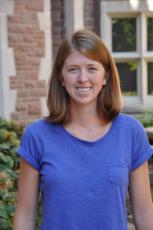
“The POD Conference gave me the opportunity to be a part of conversations about current trends in educational development. Specifically, I found the discussions around equitable assessment and remote learning useful, not just for my own teaching my but for having these conversations with others. I thought the format was unique because each 45-minute session included a short presentation about the topic followed by discussion in breakout rooms. In the breakout rooms I got to talk with other conference attendees, which facilitated making new connections. Graduate students also had the opportunity to connect with POD members who have built careers in educational development, which was helpful for thinking about career pathways in CTLs,” Smith said.
Speer enjoyed engaging in interdisciplinary conversations about best-practices for promoting inclusive classrooms and utilizing technology to find creative ways to teach during the pandemic. Breakout rooms were “filled with individuals from across the globe with unique perspectives and insights,” Speer said.
She especially enjoyed a talk from James Stephens, Laura M. Pipe and Simone Watkins, “Changing Pedagogy: Bringing Indigenous Student Voices to the Center.”
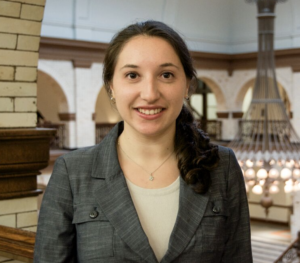
“This important conversation highlighted ways in which educators can partner with Native communities on campus, promote inclusion, and challenge colonizing ways of knowing and learning across disciplines including my own field of biomedical engineering. I also really enjoyed hearing about different ways educators were incorporating storytelling to build community and academic identity and using this unprecedented time to examine policies and practices to prioritize those that contribute to inclusive learning both now during the pandemic and moving forward,” Speer said.
The POD Network, which includes more 1,400 members who have an interest in educational and organizational development, “exists to provide professional development and a community of practice for scholars and practitioners of educational development, and to serve as a leading voice on matters related to teaching and learning in higher education,” the organization said on its website.

